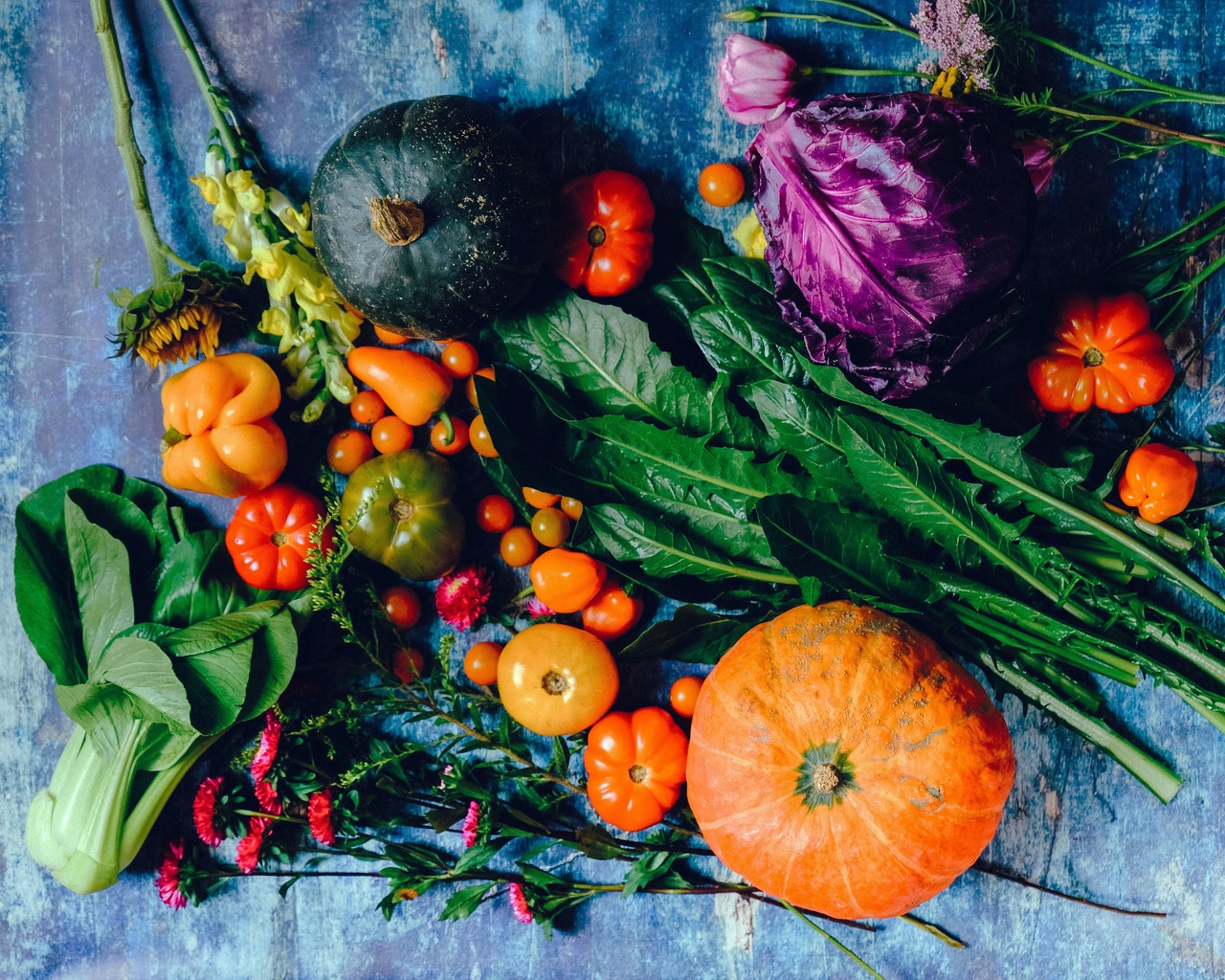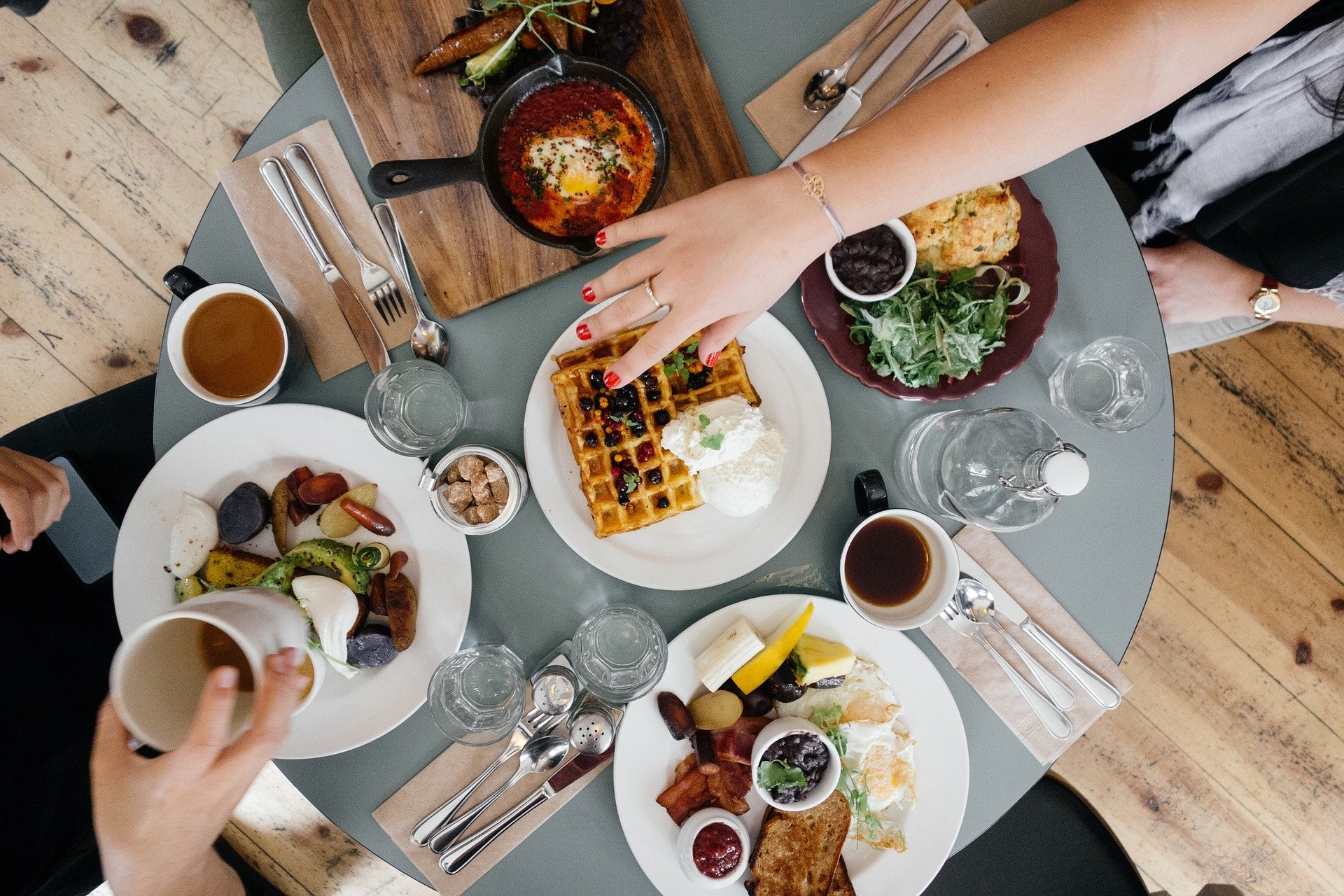There is nothing more delicious than home-grown produce, but gardening can look daunting to those with no experience.
The good news is that there are a lot of beginner-friendly plants that will most likely be a success even if you don’t exactly have a green thumb.
If you have some outdoor space you could utilize, here are a few vegetables that are easy to grow to get you started!
Zucchini/Courgette
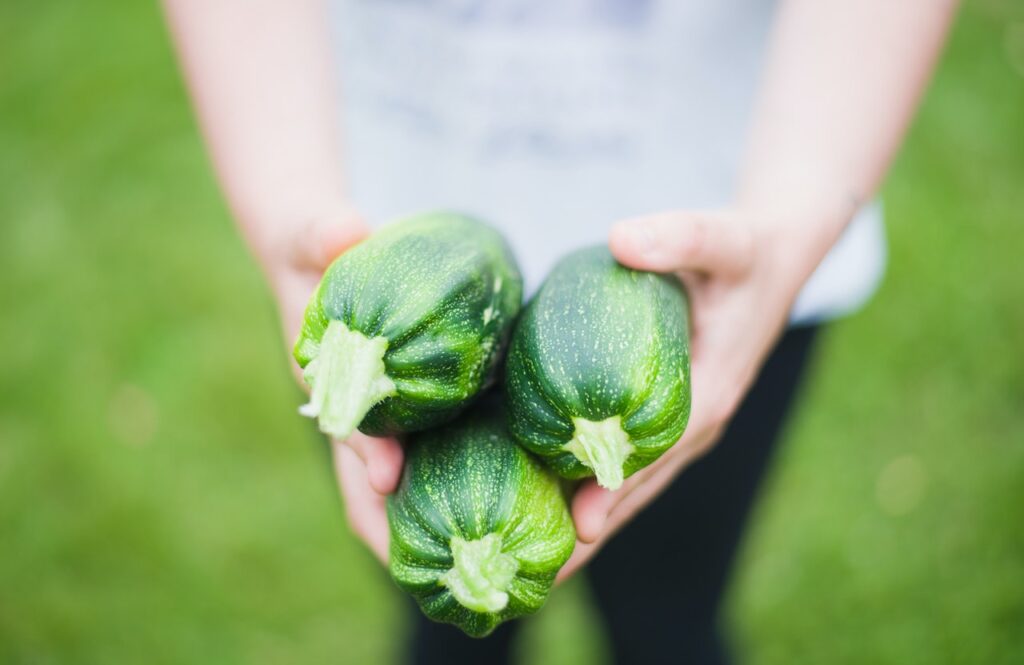
Some of the best options to start with are summer squashes, particularly zucchini. The reason why it’s great for beginners is that it’s very prolific.
Planting just a couple of zucchini plants will yield more than you and your family can eat, so you’ll find yourself using this delicious vegetable in your meals every day. It also grows fast once it gets started, so you’ll soon see the fruit of your labour – quite literally.
You can plant zucchini from seeds when the warmer weather of the year arrives, but you can also wait all the way until mid-July.
Carrots
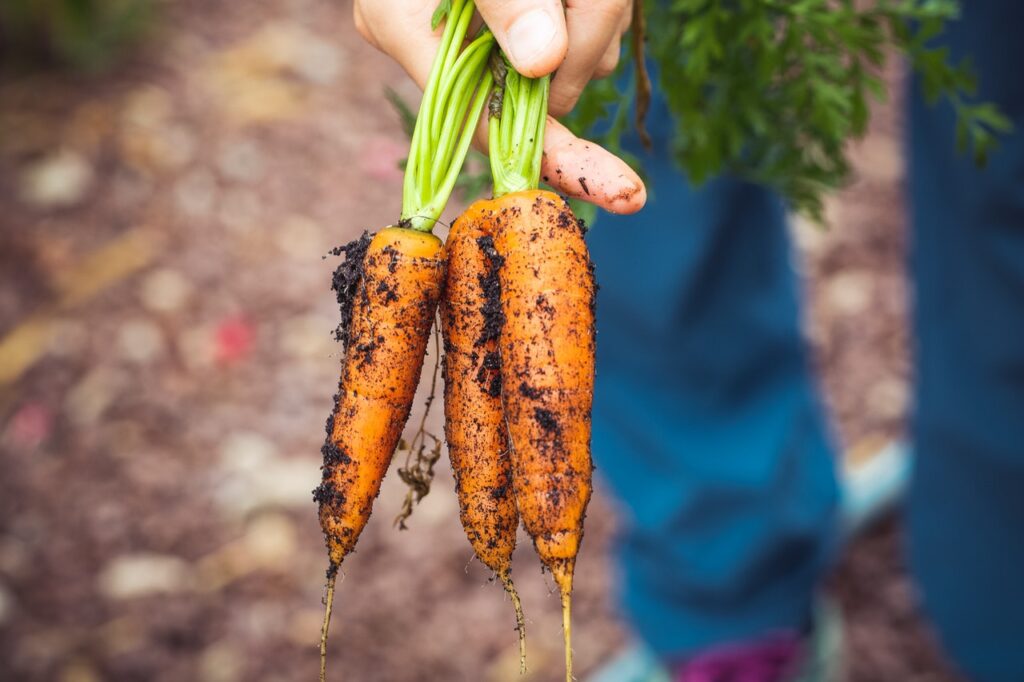
Carrots are healthy with plenty of vitamins and antioxidants, and they are a go-to for many dishes, so always having them fresh at hand is very convenient.
They are ideal if you have deep enough soil for the vegetable to grow freely beneath the ground, but using pots is also possible if they are large enough. If your soil is a bit rocky, your carrots might grow crooked, but they will be just as delicious still.
You can sow the seeds directly at any time from the spring to the fall.
Radishes
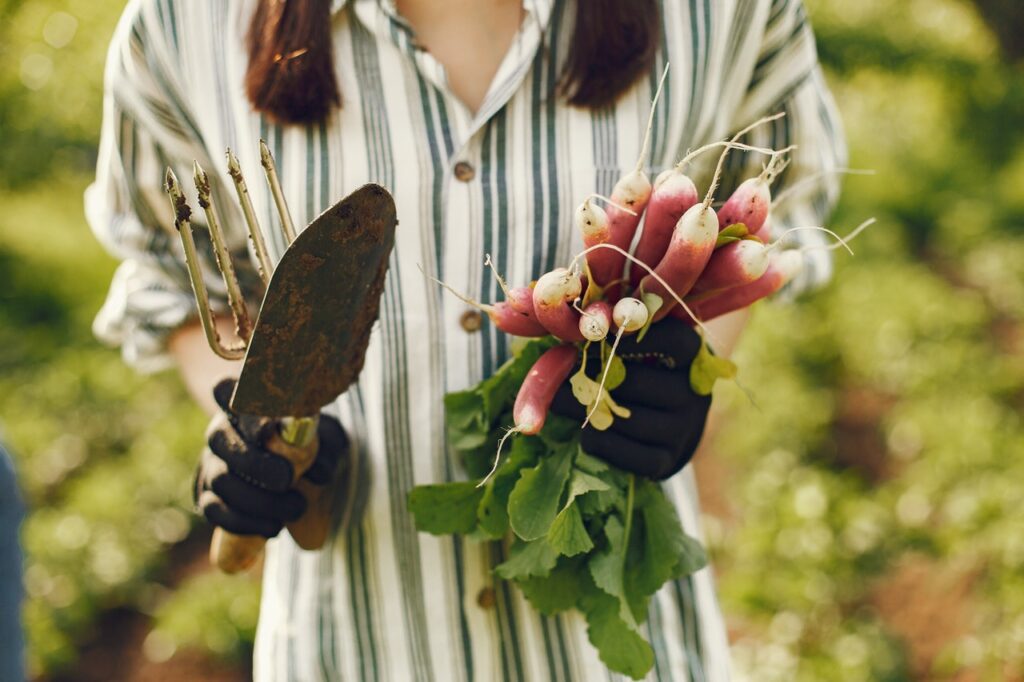
Radishes are another delicious addition to your salads, so if you like their taste, you can try growing them yourself. Much like carrots, you can plant radish seeds directly into the ground with likely success. Just don’t forget to make sure that each plant will have enough room to grow by pulling out a few seedlings from crowded areas.
Radish is ideally planted in the spring and the fall; it’s good for cool weather and it grows quite fast, but there is some variation among the different species
Cucumbers
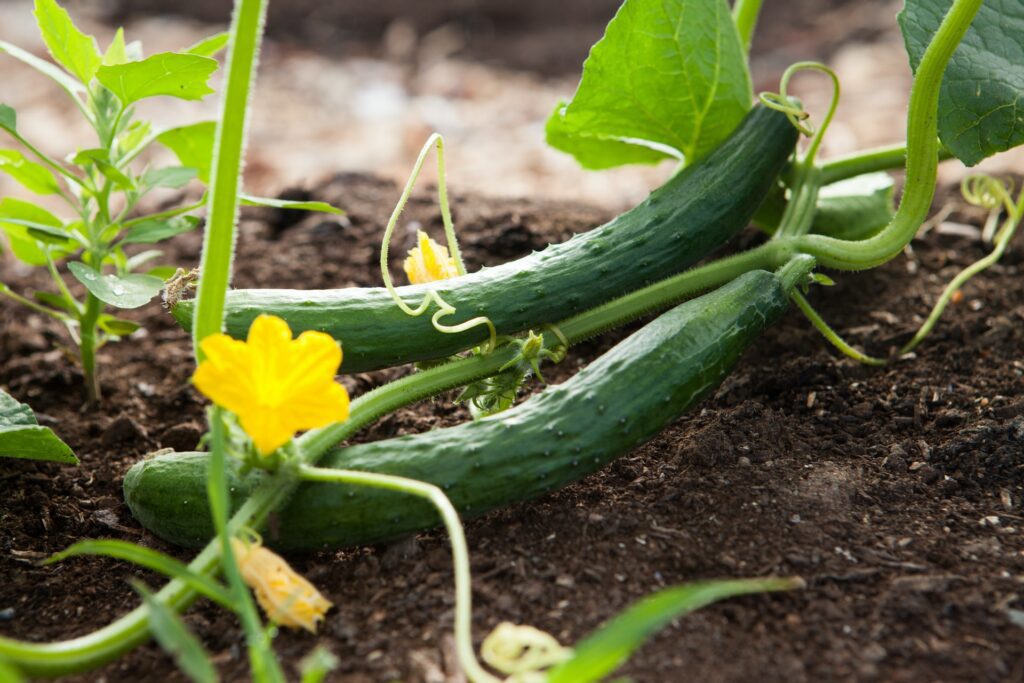
Cucumbers are great: you can eat them fresh and crunchy or make pickles and put them away for the winter. So, if you want a versatile vegetable in your garden, try planting cucumbers. This vegetable prefers warm temperatures and plenty of sun, so keep that in mind when choosing where to plant them.
You can also grow cucumbers in planters, but in either case, remember that they are going to need support to grow vertically, so setting up a trellis or something of the sort is going to be necessary.
Lettuce
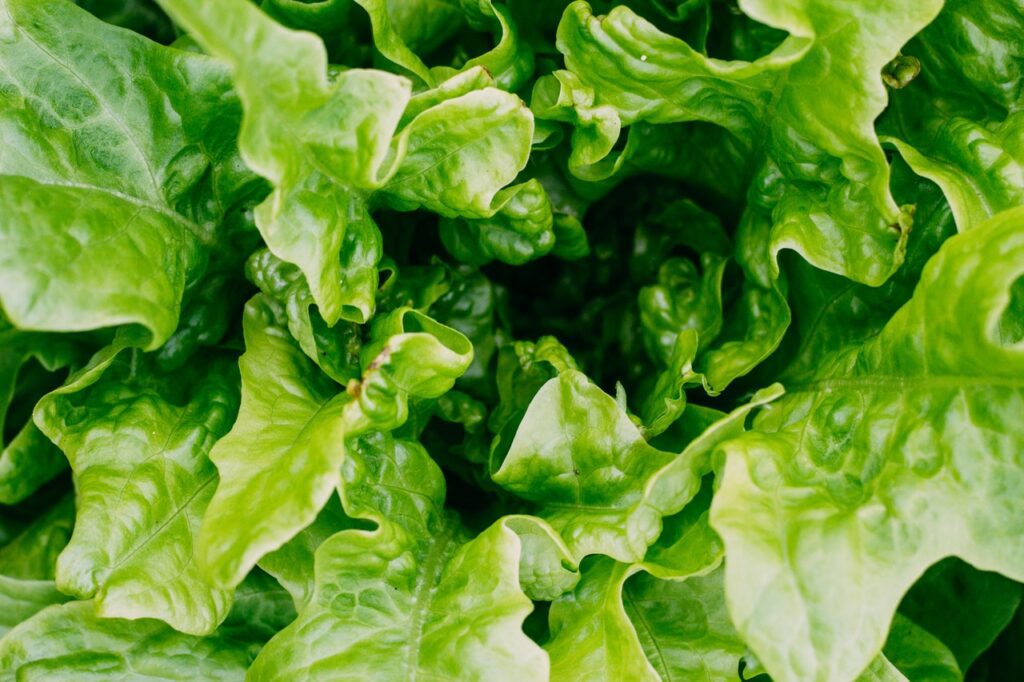
Leafy greens bring life to your dishes, and having them freshly picked makes all the difference. Lettuce, in particular, is a good beginner-friendly vegetable as it tolerates cooler temperatures too – it’s best planted in the early spring or fall.
While you might think that you need a lot of space for growing lettuce, you can actually leverage vertical gardens in a small space, too. For instance, if you look at Mr Stacky reviews, you will see that people are having great success growing these greens in stacked hydroponic planters.
Spinach
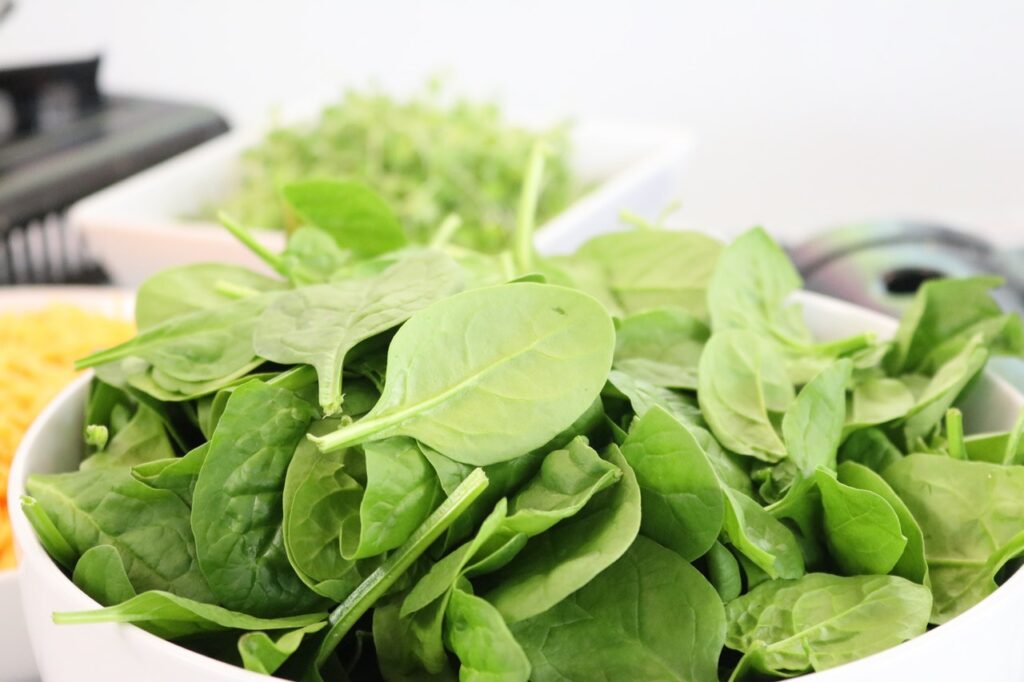
If you’re a fan of microgreens, spinach is an easy plant to get started with. It tolerates cold weather well so you can have this healthy and delicious vegetable for the majority of the year, as long as the soil does not freeze.
Spinach likes full sun, but it thrives in partial shade as well. However, skip the summer months since the heat will wreak havoc on this vegetable. You don’t need too much space to grow it, however, you do need your soil to be well-drained.
Cherry tomatoes
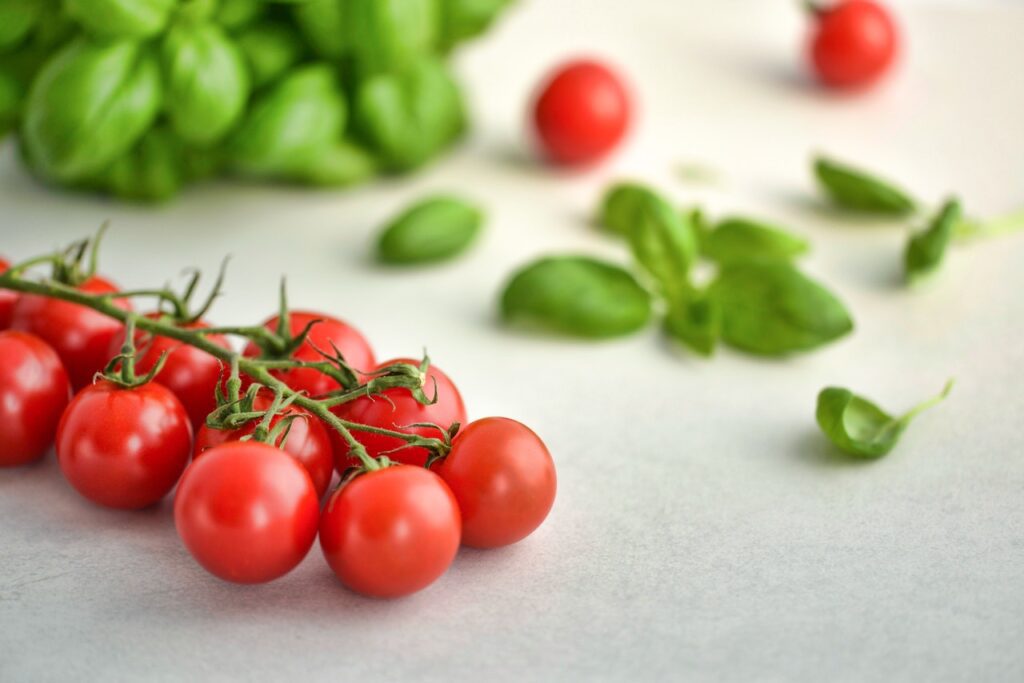
If you love sweet and delicious tomatoes but growing them is a difficult and long process, you might want to consider cherry tomatoes instead. To speed up the growing process, even more, you can buy seedlings that are ready to be planted in your garden, preferably in the sunniest spot!
Cherry tomatoes will mature faster thanks to their smaller size, and you will find that your home-grown ones are much more delicious than any store-bought variety!
Green beans
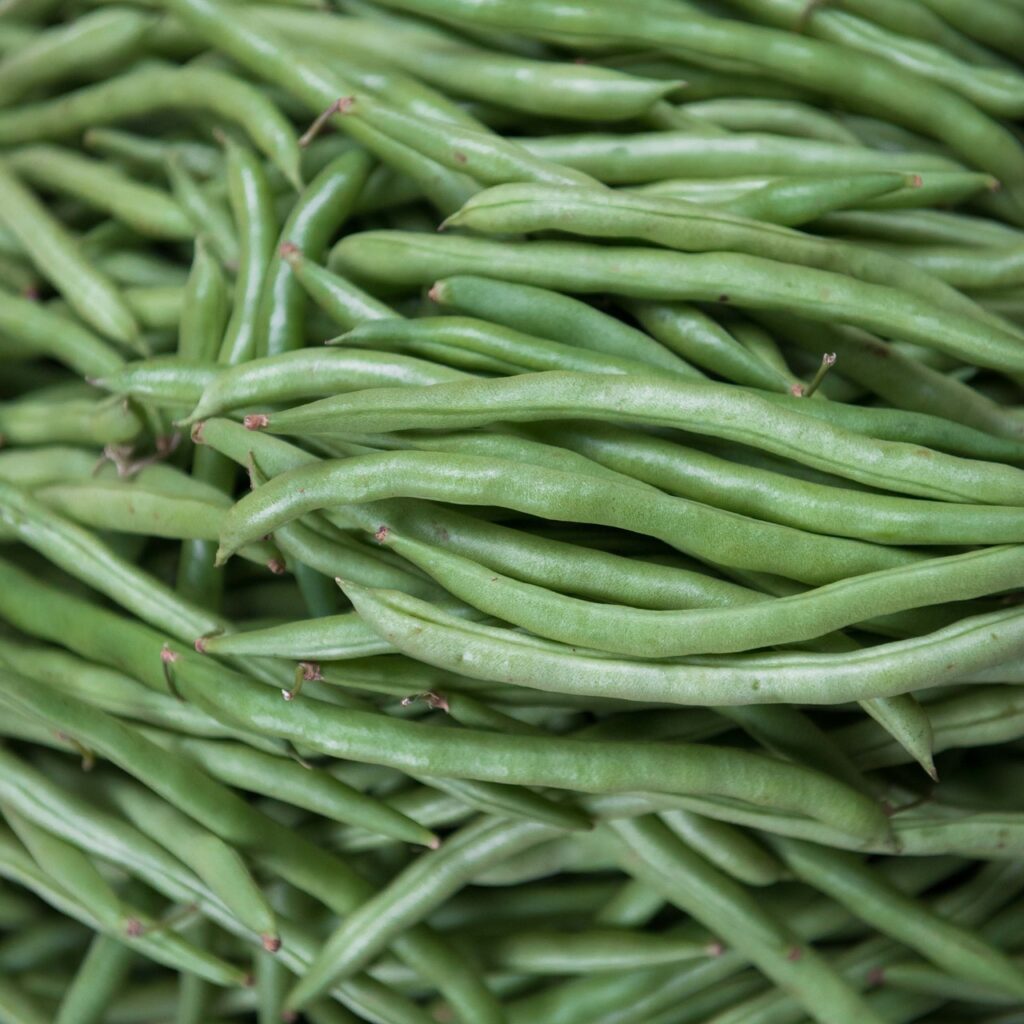
Finally, green beans are another great option if you want to have home-grown vegetables on your table year-round. The reason is that you can put them in your freezer and they will still be just as delicious when you use them in your dishes. Depending on the species you go for, you might need a trellis so that the plant can grow to its full potential.
Green beans are best planted in the spring when the weather is already warm. Make sure they get enough sun and water and you should have no problem having a plentiful harvest.
Getting started with gardening might look daunting, but these foolproof vegetables should give you a head start! Growing your own produce is a rewarding hobby, so if you have the opportunity to do so, there’s no reason why you shouldn’t try.
Article by Stella Ryne
Stella is a member of Alejandra’s Life Family Team

